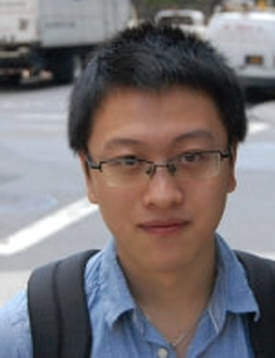
Professor Luo is a formal theorist with a broad substantive interest in political institutions and political economy of non-democracies. He specializes in developing and applying game theoretic models to explain interactions among political actors as well as the foundations and performance of political institutions. His current research centers on the role of information in politics.
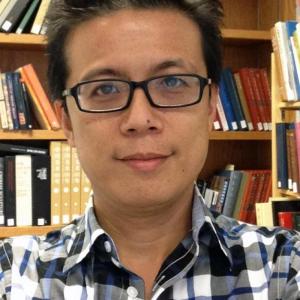
Professor Lin specializes in the history of Chinese art and architecture, with a focus on medieval periods. His primary interests in research are visual and material cultural issues in Buddhist art and architecture and China’s funerary practice through history.
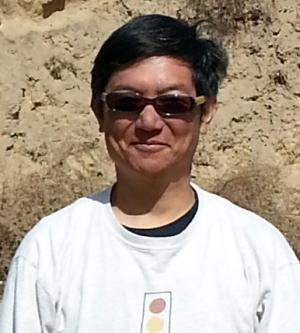
Professor Li’s research focuses on the archaeology of Bronze Age China; craft specialization and production, with a specialization on bronze casting technology; and the rise of social complexity, regional interaction, and state formation in ancient China. His current work encompasses the study of state-sponsored bronze production at Houma of the Eastern Zhou period, as well as the research and writing of “Science and Civilisation in China, Volume 5, Part 14: Non-Ferrous Metallurgy,” for the Needham Research Institute in Cambridge, England.
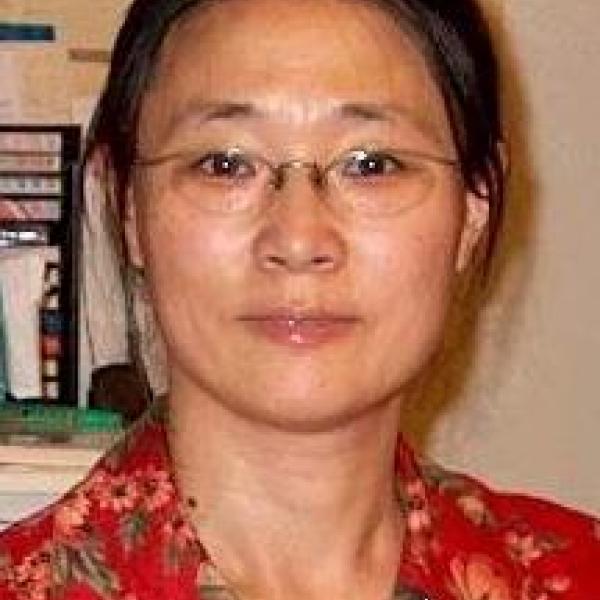
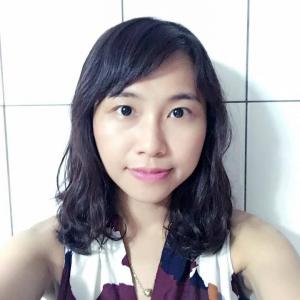
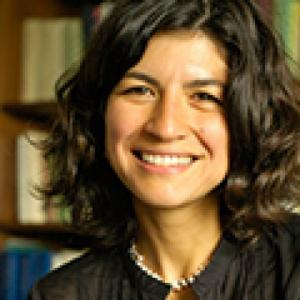
Professor Iovene's work focuses on twentieth and twenty-first century Chinese literature and film. Her areas of research include contemporary Chinese fiction and criticism; popular science; conceptions of Chinese realism, modernism, and avant-garde; the translation of foreign literature in socialist China; narrative temporality in fiction and film; late 1940s cinema; opera film; and post-1989 Chinese independent documentary film.
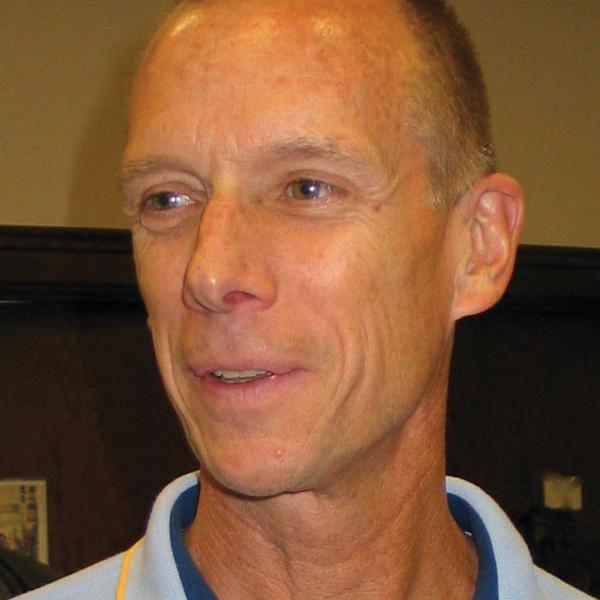
Professor Harper studies early Chinese civilization, the history of science, philosophy, and religion. He is also a member of the Creel Center for Chinese Paleography.
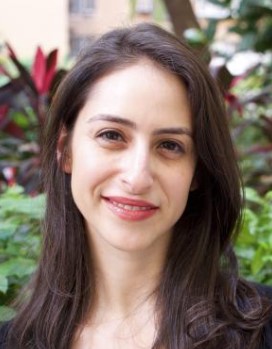
Professor Fox's work explores the intersection of literary and economic imaginaries in late imperial China. She is particularly interested in the ways in which literary genres helped late imperial audiences understand and negotiate an emergent global economy.
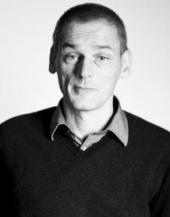
Professor Eyferth is a historian specializing in the non-elite peoples of China during the twentieth century, particularly the effects of industrialization, collectivization, and revolution on the lives of Chinese women.
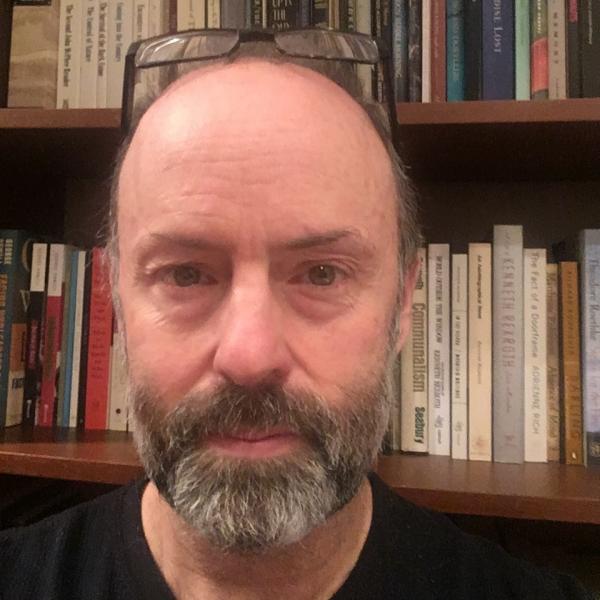
Professor Copp is a historian focusing on the material sources of Chinese religion from the eighth through the twelfth centuries. He also publishes on Chinese religion and philosophy, with and eye towards paleology.